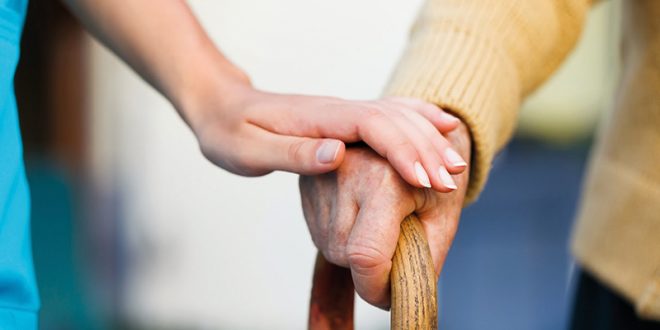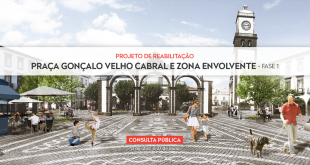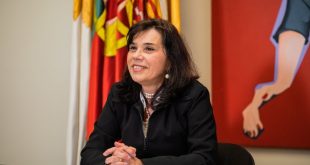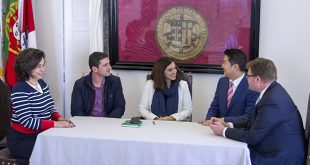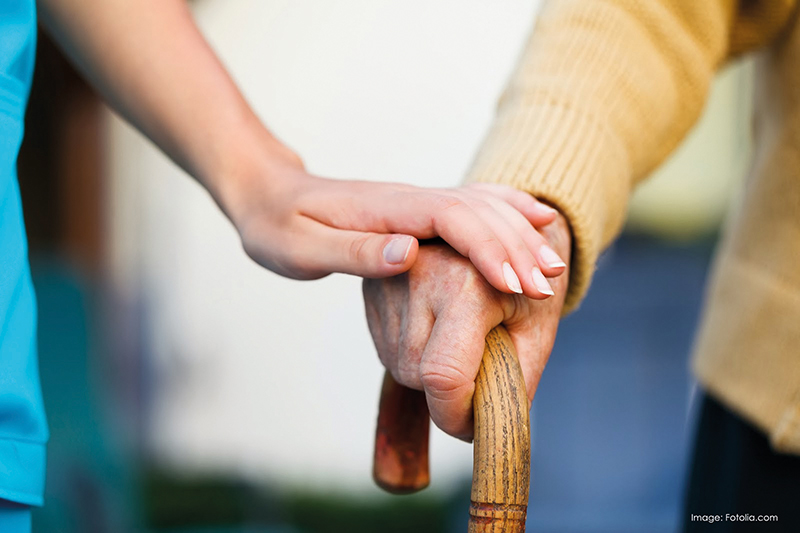
I am sitting here at Brigham and Women’s Hospital in Boston with my mother-in-law while she recovers from a major fall in the nursing home where she has been staying for the past six months. It saddens me deeply how caring for our hailing parents today is not what it used to be. My memories of my childhood in the Azores, is that children cared for their parents, treated them with love, respect, the ultimate care and devotion. As parents grew older, they had no doubt or worries about where they would end up when they no longer could care for themselves. Parents raise their children and make numerous sacrifices so that their children live a happy life without the struggles they faced growing up. Many times they work more than one job to provide for their children. In the case of emigrants, parent left the life they knew and the comfort of their family and friends to move to a foreign country with the hope of giving their children a better future.
Fast forward to 2016, now these parents are in their senior years and no longer able to care for themselves. Their expectations of their children doing for them what they did for their parents tragically shattered. Yes, we understand that life today is more complex than a few short decades ago, however, we cannot lose sight of what is important in life. Our parents deserve our outmost love and respect. Let’s not abandon them when they need us the most.
As my mother-in-law and I share these special moments in the hospital, grateful for my presence and for being her voice in this still foreign country to her, she looked at me and said “I want to get better so that I can do for you what you’re doing for me.” Holding back my tears and disguising my broken heart, all I could say to her was that she has done so much for so many people over the years and it is my turn to take care of her now. Like so many her age, who have lived in the United States for several decades, she does not speak English. Consequently, in addition to the trauma of being hurt and in the hospital, not knowing how to communicate with her doctors, nurses and others around her can be frightening and intimidating so say the least.
Although she is happy to have me here to comfort her and help her navigate through the hospital ordeal, it is her daughters that she has in mind and keeps asking for. “Where are they and when are they coming?” are her frequent questions. As I try to make excuses for their absence to minimize her pain, it just breaks my heart that family values have come to this. Just a few years ago, these would not be the questions an elderly parent would have to ask because the daughters would have been right here in the hospital with their mom until it was time for her to go home.
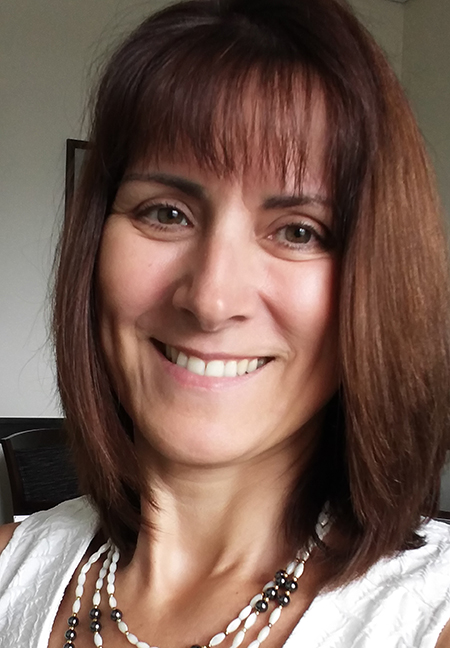
Baganha Vieira
MSM, CASP Director, University Services Bridgewater State University
Meanwhile, thirty miles away in a nursing home, my husband who just left his mother’s side at the hospital, is trying to comfort his father. His father, still recovering from a stroke and major respiratory issues, has just left another hospital to return to the nursing home. Unable to communicate clearly since the stroke, his father struggles to ask about his mother because he expected to see her waiting for him at the nursing home.
Let us not be too busy to care for those who gave us life in more ways than one. Just like we are our parents’ greatest treasure, let us cherish them like life’s greatest gift. We need to care for our parents today for tomorrow may be too late.
 Magazine A PRAÇA Magazine A PRAÇA
Magazine A PRAÇA Magazine A PRAÇA
